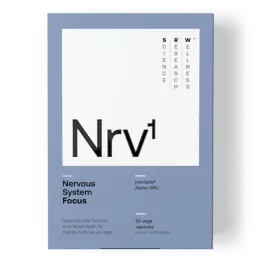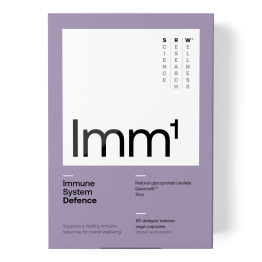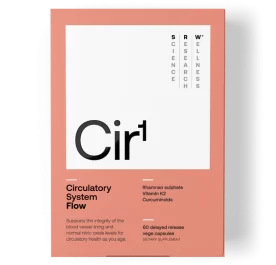Are You Wired & Tired?
You wake up feeling like you haven’t slept. You force yourself out of bed because you must. It takes a couple of hours to really get going but you are still tired through the day. After lunch, you could easily fall asleep and your energy dives but somehow, you carry on. After dinner, you experience a “second wind” and are able to rush around and get many things done. It can be difficult to settle and go to bed.
When you get to bed, you can’t sleep, often because of a busy mind. Then if you manage to get to sleep, you can’t stay asleep for long, waking once or more during the night. Some find that they wake quite early – like 5am. Does this sound familiar?
If people are still awake at 11 pm, they tend to carry on and find it even more difficult to go to bed and go to sleep. This means that because you are not in bed and asleep by 10:30 pm, you miss out on your melatonin, which would have helped you get a refreshing restorative sleep. Along with this, many of the other symptoms can also include feeling more anxious and “wired”, having difficulty thinking and remembering properly, and performance is affected. “ Why did I open the fridge door, why did I go into the room and where did I park the car?” Some can even get depressed and develop chronic illness symptoms including heart problems, rashes, hypertension, migraine, back pain, irritable bowel syndrome and worsening of any hormone symptoms, new diseases, and a combination of these.
What causes all of this? Generally, the underlying background is due to work and lifestyle choices that can include overwork along with excessive life stress, and chronic illness or pain. The chronic drain of these conditions causes biochemical changes as well as depletion of vitamins and minerals, and hormones. This then leads to the poor function that causes all the classic symptoms and “wired and tired”. Patients have asked if they have “Adrenal Fatigue”, which they have read about on the internet – the idea being that the adrenal glands have been drained by chronic stress. The idea of this Adrenal Fatigue was conceived because some of the sufferers’ symptoms are similar to adrenal failure such as very low blood pressure and excessive sweating along with clammy hands. However, there is no evidence in the scientific research literature that “Adrenal Fatigue” exists.
I have identified many layers of depletion of nutrition, biochemistry and hormones in these patients. What can be done about all of this? It is important to identify some of these early symptoms, so that you don’t develop serious illness and then are unable to work or function.
The first thing to do is to step back from your work and life, and have a look at what is happening – perhaps what you are doing to yourself? Get perspective on what is really important and get your priorities right – your health, your family and your finances must always come first. Go home at a reasonable time and don’t take work home. Remember that you cannot do unimportant things for unimportant people – prioritise your attention to what is primarily important in your work and life.
Learn a relaxation technique like Yoga, meditation or go back to prayer if this works for you. Be in bed and asleep by 10:30 pm so that you can get restorative, healing sleep. If you use devices, screens and computers, look into getting blue blocking glasses to block this melatonin-suppressing light – yes, the research is there. Alternatively, download “f.lux” into your computer and devices to block the melatonin-suppressing blue light.
To be in bed and asleep by 10.30 pm, you have to aim for 9:30 pm and start actively winding down from 9 pm. Turn the computer off! Follow a highly plant-based diet with adequate protein throughout the day, like eggs, meat and chicken, etc, and if you don’t want to have meat, use tofu and foods like avocado, seeds and nuts. Keep sugar and starches to a minimum because they tend to cause fatigue. Some people respond well to intermittent fasting, which involves eating as late as possible for your first meal of the day and having dinner early so your body can have a rest from dealing with foods for at least 12 hours.
Supplement with a good multivitamin, fish oil and vitamin C. See your doctor and find out whether you need help with iron, B vitamins, zinc and vitamin D – some of these blood tests need to be paid for but are important. It is probably a good idea to take magnesium – a small amount in the morning and a bigger amount at night because it will help your mind and body to relax. The best forms of magnesium include magnesium citrate, magnesium amino acid chelate and magnesium glyphosate. Other forms of magnesium cause diarrhoea.
Get a life, this is the only one this time round and you cannot afford to blow it. People who are dying report that their number one regret is not having been true to themselves and having lived their life the way others wanted them to. The second regret of the dying was that they had worked too much. Pace yourself. Sort out some regular breaks, holidays and relaxation, and not just once a year, and start playing again…





